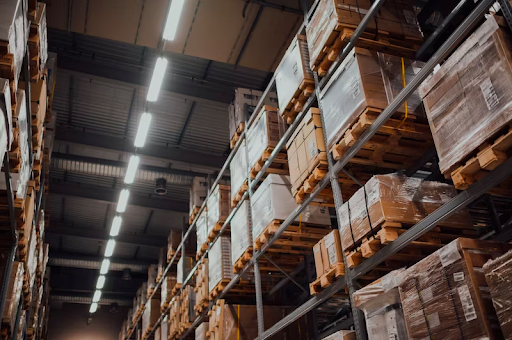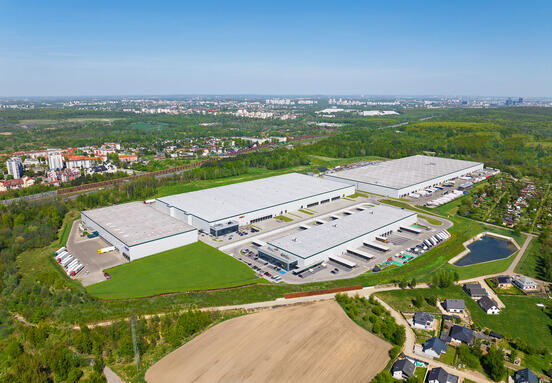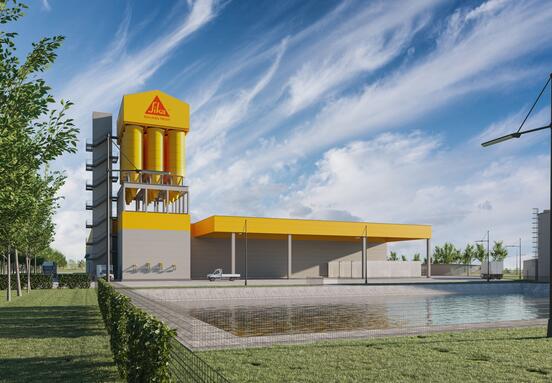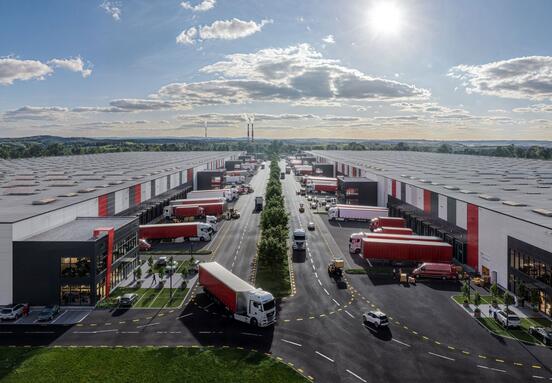Growing market
While the global pandemic has negatively affected many sectors, this is not the case for logistics real estate. With the health crisis and various restrictions, e-commerce has grown. And for good reason, the French have less frequented estate stores and prefer online shopping. Interested companies have had to reorganize their supply chain and thus rent more warehouses, especially near city centers, to ensure last-mile delivery. As a result, 2,468,300 square meters of warehouses were sold in France in the third quarter of 2021. This represents a 29% increase over the previous year. The market is estimated at €2.8 billion in 2021.
Profitable real estate investment
Considering the profitability of the market, warehouses easily find buyers. Investment in logistics real estate is a great financial opportunity, as owners are sure to find rental companies. Indeed, the health crisis has had a big impact on the use of offices and hotels. On the contrary, warehouses are needed more than ever for e-commerce, DIY, decoration or mass distribution companies, for example.
The law against artificial soil
However, tenants may face a problem. The Law Against Artificial Soil might as well cause warehouse rents to skyrocket. By this, we mean the artificialization of all soil. And under the Climate and Resilience Law, voted down last August, the government is seeking to limit the urbanization of territories. In the face of high demand from businesses, the number of available warehouses may not be enough. And the option of simply building more is not an option. In addition, more and more local residents are strongly opposing the construction of warehouses in their regions.
Rising rents
This supply shortage is therefore likely to have a direct impact on rental prices, which could rise sharply. This phenomenon is rather expected by investors in logistics real estate who intend to increase their profitability.








